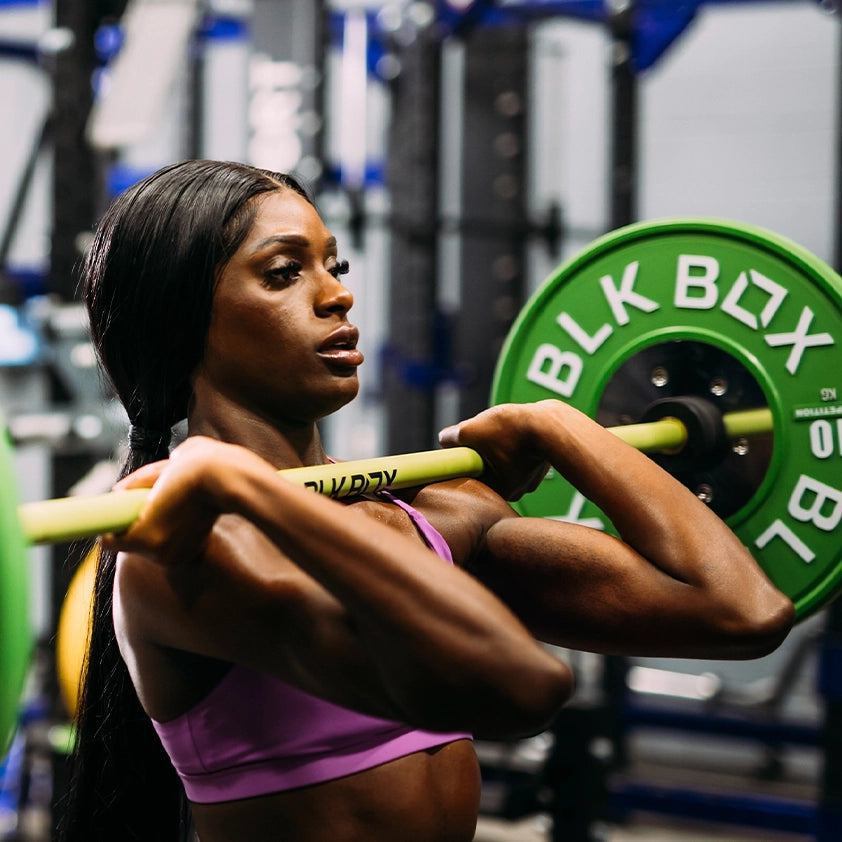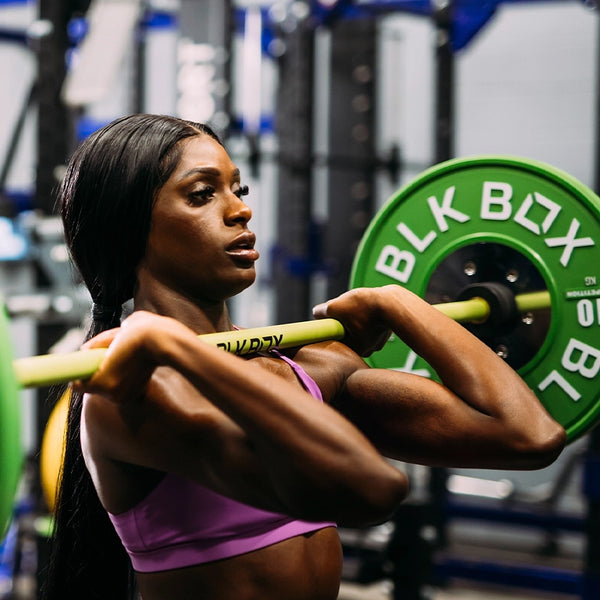Top Nutrition Tips For Working From Home
The coronavirus pandemic has hit us hard with various restrictions on our daily lives; non-essential travel banned, shops closed, gyms closing. Most of us at time of writing, will potentially be in a stage of self-isolation or at least housebound, and It's hard to know how long it is going to last. If you are like me, working from home can be a great thing, however, it can also lead to a lot of snacking and overindulging; this can be even more so in times of stress.
A number of studies show that emotional or physical distress increases the amount of food we eat, particularly meals higher in fat, sugar or both. Read on for some easy tips you can do to make sure you feel well in mind and body.
Tip Number 1 - Have a healthy balanced diet
I think the main thing, as unsexy as it sounds, is a healthy balanced diet; this can help keep your immune system working well. A poor diet is linked to an increase in infection risk. I love cooking, and I have been making the most of the time by making some delicious dishes. You might have store cupboard stables like lentils, barley, dried fruit etc. which can all be fitted into a recipe.
For example, oats should be a staple of your diet, and any fresh, frozen, or tinned fruit can be added in for flavour. Keep your browning bananas and use them in banana bread or muffins! Any of your beans or pulses could be added into a chilli con carne or bolognese for some added protein ad heart-healthy fibre. Tinned soup or broth is always a great shout - personally I like adding some chicken and noodles to my broth for some fake ramen. Try to focus on whole, single-ingredient foods; high amounts of processed carbohydrates and refined fats can interfere with proper immune function.
Tip Number 2 - Stick to a routine
The second point I think is important is sticking to a routine. I know this can be difficult; many of you will have to step up and do homeschooling or caring for your at-risk family members; however, I think keeping some kind of normality is important. Getting up as if it were a workday, allocating time, and having set meal times will keep you in a schedule. This routine and the extra time to cook fresh food will hopefully prevent you from snacking. After all, just because you're now suddenly a few feet away from your kitchen at all times, you shouldn't keep wandering in there and come out with food in your hand.
Oh, and just so you know; checking your fridge every 30-minutes doesn’t change what’s in the fridge. A bonus tip; make sure you have an eating zone and a working zone - make it a rule to only eat in the kitchen or dining area and nowhere else in the house. A little routine can go a long way during these uncertain times.
Snacking is a massive issue; especially if you want to prevent weight gain. Think about it; a bag of Maltesers is approx. 200 calories – being around the house, stressed, bored, patience running thin – it’s easy to see how this adds up very quickly. As I mentioned, try to keep set meals; usually, if we miss or skip meals we’re more likely to snack. Ever go grocery shopping hungry? Exactly. With that being said, we’ve all had those days where we are bottomless pits. One thing you can do is to make sure your snacks are satisfying; this can mean in terms of taste and nutrient density.
Tip Number 3 - Serving sizes
Tip number 3 is to put snacks in single-serving containers (like a small bowl) instead of eating straight from the bag to limit the amount you’re eating. Stay hydrated; it’s shocking how many people don’t know the difference between thirst, boredom, and hunger. Try adding in more fluids; personally, I like peppermint or ginger tea after my meals. You can also try brushing your teeth; this sounds strange but trust me on this one. If you can’t stop the snacking, it might be time to take drastic measures. Stop buying those snacks you cannot resist eating! You cannot eat what is not there. It may seem obvious, but storing snack foods out of sight or in hard-to-reach places can be helpful too.
Supplement Advice
What about supplements? Is there anything you can specifically take specifically for COVID-19? Unfortunately, we don’t know a lot about this virus as of yet; in fact, some supplements could worsen specific symptoms of COVID-19 - we just don’t know. However, there is some evidence that certain supplements may help with cold and/or flu. Vitamin C, vitamin D, and zinc oral lozenges may help reduce the duration or severity of symptoms.
These are unchartered waters and we don’t know exactly how this pans out - however, what we can do is control the controllable. Sufficient sleep, keeping stress under control, and following the dietary tips on this page will ensure you are giving yourself the best opportunity.
Please note that the information here should not replace the basic hygiene advice we have been provided by the NHS and WHO; wash your hands for 20 seconds, don’t touch your face, get serious about social distancing, and stay home and call a medical professional if you think you may have COVID-19 symptoms.
Stay safe everyone!















